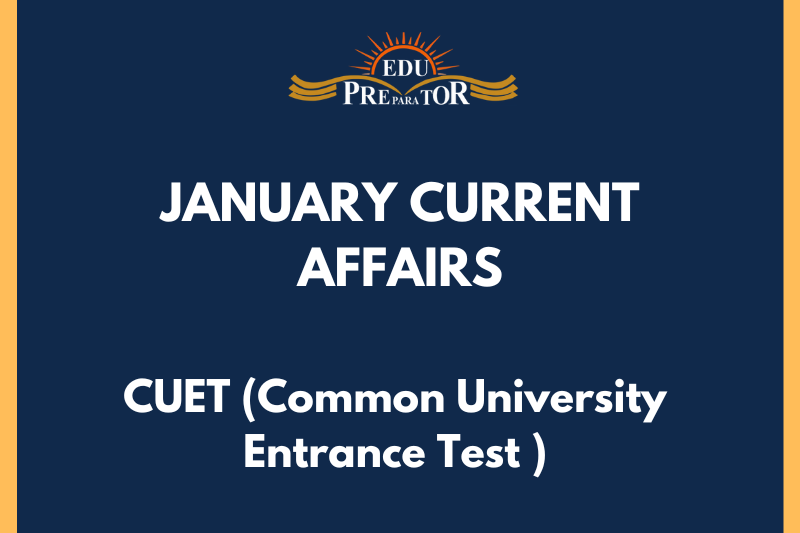
WHO Certifies Cabo Verde as a Malaria-Free Country
Significant Health Triumph, Achieving Malaria-Free Status
- The World Health Organization (WHO) recently declared Cabo Verde as a malaria-free nation. This health achievement has placed Cabo Verde alongside Mauritius and Algeria as the third country in the WHO African region to earn this recognition.
Gaining the Malaria-Free Certification
- To be certified malaria-free by WHO, the country has to demonstrate an interruption of malaria transmission nationwide for three consecutive years at least.
- Additionally, they must employ a robust surveillance and response system to avoid the re-establishment of malaria's indigenous transmission.
Global Scenario and Key Facts on Malaria-Free Certification
- Globally, 43 countries and one territory have been officially recognized as malaria-free by WHO, with Cabo Verde being the latest addition.
- Some prominent countries in the South East Asian region such as the Maldives (2015) and Sri Lanka (2016) had earlier accomplished this distinction.
- It's noteworthy that India is yet to receive this certification.
Understanding Malaria
- Malaria, a dangerous mosquito-borne blood disease, is primarily caused by Plasmodium parasites.
- Out of five species affecting humans, P.falciparum and P.vivax pose the major threat.
- This disease is prevalent predominantly in tropical and subtropical regions of Africa, South America, and Asia.
Malaria Transmission and Symptoms
- Malaria is transmitted through the bite of an infected female Anopheles mosquito which becomes a carrier after biting an infected individual.
- The pathogen then gets transmitted to the bloodstream of the next person the mosquito bites.
- Symptoms of this disease comprise fever, flu-like illness, shaking chills, headache, muscle aches, and fatigue.
- Although malaria is harmful, it is preventable and curable.
About WHO (World Health Organization)
- The World Health Organization, established in 1948, is the United Nations' specialised agency responsible for health.
- Headquartered in Geneva, Switzerland, it is an intergovernmental organisation with 194 Member States, 150 country offices, and six regional offices.
- WHO leads in global health issues, forming the health research agenda, setting norms and standards, advocating evidence-based policies, and offering technical assistance to countries.
- WHO started operating on April 7, 1948, which is now commemorated annually as World Health Day.



Comments
Nam cursus tellus quis magna porta adipiscing. Donec et eros leo, non pellentesque arcu. Curabitur vitae mi enim, at vestibulum magna. Cum sociis natoque penatibus et magnis dis parturient montes, nascetur ridiculus mus. Sed sit amet sem a urna rutrumeger fringilla. Nam vel enim ipsum, et congue ante.
Cursus tellus quis magna porta adipiscin
View All